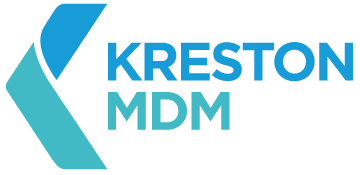Rulebooks for the implementation of the new Law on Accounting have been published
The Minister of Finance adopted seven rulebooks related to the implementation of the new Law on Accounting:
- Rulebook on Chart of Accounts and contents of accounts in the Chart of Accounts for companies, cooperatives and entrepreneurs
- Rulebook on the content and form of financial reports and the content and form of statistical report for companies, cooperatives and entrepreneurs
- Rulebook on Chart of Accounts and contents of accounts in the Chart of Accounts for other legal entities
- Rulebook on the content and form of financial report and content and form of statistical report for other legal entities
- Rulebook on the manner and deadlines for conducting the inventory and reconciliating the bookkeeping balance with the actual balance
- Rulebook on the manner of recognition, valuation, presentation and disclosure of positions in individual financial statements of micro and other legal entities
- Rulebook on the manner of keeping and content of the Register of Accounting Service Providers.
The Ordinances are applicable for the financial statements prepared on 31.12.2021, except for the Rulebook on the manner of keeping and content of the Register of Accounting Service Providers which is to be applied from 1.1.2021.




